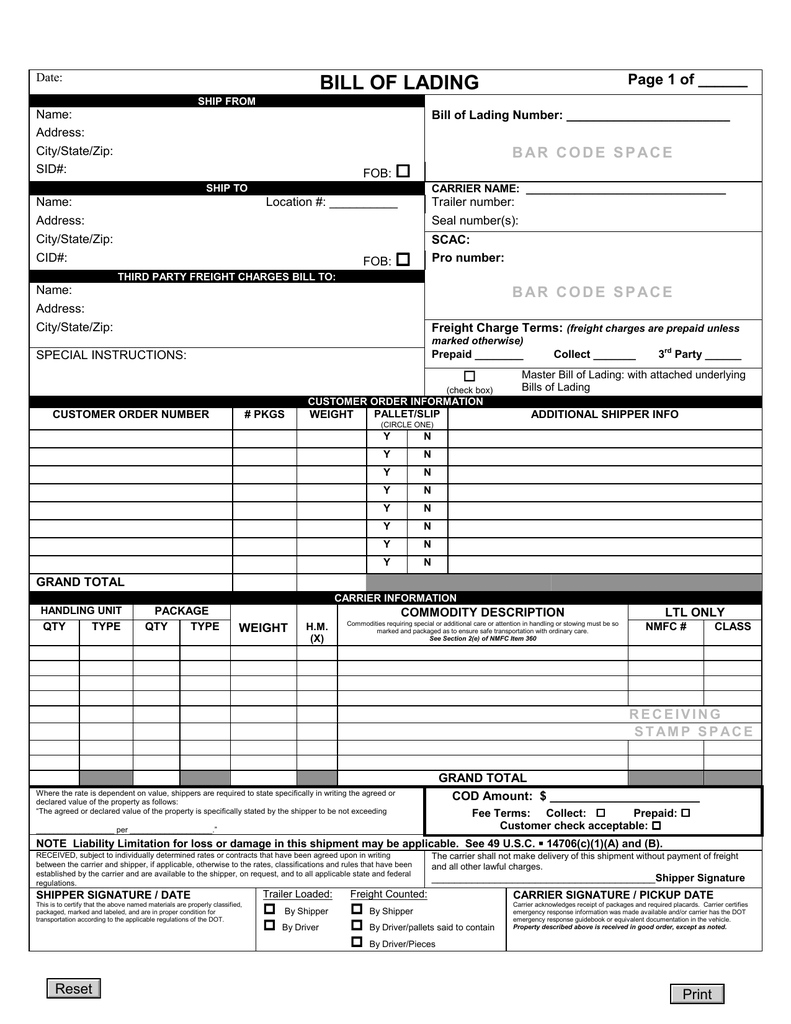How To Get Export Papers in Nigeria: 3 Steps to Follow
How To Get Export Papers in Nigeria: 3 Steps to Follow
Nigeria, as a nation, is currently at the forefront of Africa’s economic growth. Nigeria is Africa’s most populous country and one of its wealthiest. But how can you thrive in this growing economy? One way is to export goods overseas.
Export papers are required if you want to expand your business beyond Nigeria’s borders. Here are some steps you need to follow before you can export your products abroad.
What is an export paper?
An export paper is a document that is required by most countries to import goods, services, or capital. The most common export papers are certificates of origin, certificates of good standing, certificates of no objection, and invoices. Each certificate establishes different things for your business.
Certificates of origin are for products that are manufactured in Nigeria. Certificates of good standing are for Nigerian businesses that operate legally in Nigeria. Certificates of no objection are given when there are no objections to the export. Invoices are required when you want to import goods into Nigeria.
To export goods in Nigeria, you need to fill out an export form which has the following information: the product name, quantity, the name of the person who is exporting the product, the name of the exporter’s company, description of the product, shipping company contact details, and the date of export. For more information on how to get export papers in Nigeria, please contact the Nigerian Export Promotion Council (NEPC).
Get a certificate of origin
The first step to exporting your goods abroad is to get the right certificate. A certificate of origin is a document that provides evidence that the export has originated in a particular country.
Certificates of origin are essential for any country looking to export its products. They are needed to prevent any other country from trying to take credit for an export by providing false information. Nigeria, as a signatory to the WTO, requires certificates of origin for both imports and exports.
For imports, this certificate is given by the Ministry of Foreign Affairs. For exports, it’s given by the Nigerian Export Promotion Council (NEPC).
There are three types of certificates of origin that you can get:
-A Temporary Certificate of Origin is granted for goods that are being exported for processing
-A Transit Certificate of Origin is granted for goods that are being exported for processing
-A Certificate of Origin is granted for goods that are being exported for consumption
The certificate you need will depend on your products and what you plan to do with them after they are exported.
Register your company with the Nigerian Export Promotion Council
Registering with the Nigerian Export Promotion Council (NEPC) is the first step to exporting your goods abroad. The NEPC is a governmental agency that promotes export trade and leads the planning, organization, implementation, and monitoring of export trade promotion activities.
NEPC is responsible for promoting Nigeria’s international trade capabilities, assisting Nigerian companies with trade finance, export credit insurance, and trade-related information; and providing related services.
To register with NEPC, you will need to provide the following information:
– Name of company
– Address of company
– Phone number of company
– Email address of company
– Nature of business at company
– Permit or license number of company
– Copy of the trade license
– Application fee in cash (N25,000)
Apply for an official approval letter from the Nigerian Industrial Development and Marketing Authority
Before you can export your product abroad, you need to apply for an official approval letter from the Nigerian Industrial Development and Marketing Authority (NIMDA). The letter is essential because it ensures that your business is following export regulations.
After you get the approval letter, you’ll need to create an export profile. This is where you specify the country and type of goods you want to export. After you’ve created the profile, NIMDA will issue a license number and certificate of origin. You must include this certificate in all documents related to the shipment of goods.
Once you have all of these documents in order, it’s time to send them to the Nigerian Export Promotion Council (NEPC). Once you do, they will review your documents and give you a list of export markets that are open for your products. The NEPC will then provide you with a list of documents that specific country requests when importing your goods.
Conclusion
To export your goods, you will need to register your business with the Nigerian Export Promotion Council. This council will help you prepare documentation for the Nigerian government, including export papers.
You will also need to register your business with the Nigerian Bureau of Statistics. Once you have done this, you can apply for an export license.
Exporting your products will require a lot of work and preparation. But if you want to grow your business, it can be worth it! If you follow these steps and research the process thoroughly, then you should be well on your way to exporting your goods.








LEAVE A COMMENT
You must be logged in to post a comment.